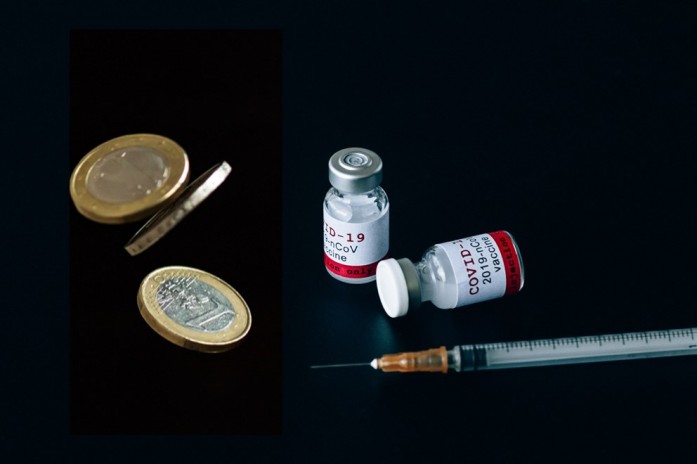Last week, on the 7th January, the national primary care team wrote a letter to practices entitled, “Freeing up practices to support COVID vaccination”. There is no question GP practices are struggling right now, so how helpful was this letter, and does it go far enough?
The letter follows a previous letter written at the start of the second lockdown in November, which headlined with an announcement of £150M of additional primary care funding. The core message of this letter was that, unlike the first wave of Covid, GP practices are very much expected to stay “fully open” this time round. The additional funding was to enable “expanded capacity”, and to be able to deliver (on top of day to day work), extra work including:
- Supporting the establishment of a Covid oximetry at home model
- Identifying and supporting patients with long Covid
- Supporting clinically extremely vulnerable patients and maintaining the shielding list
- Making inroads into the backlog of appointments including for chronic disease management and routine vaccinations and immunisations
As a result the £150M has been primarily deployed to support additional work in general practice, rather than to provide any extra support for the work currently being carried out.
Two months later we are at a point where the pressure of the pandemic has significantly increased. Practices are having to juggle staff sickness and isolation alongside skyrocketing demand. At the same time the pressure is on from all sides for practices to carry out an extremely challenging Covid vaccination programme, as well as well as completing the biggest ever flu vaccination programme. This is before getting started on the list of extra work from the November letter.
And so it was into this context that last week’s letter landed. There is no question that the financial protections it contains were very much needed. The minor surgery DES, the QOF QI domains and the 8 prescribing indicators in QOF are all now income protected until the end of March. I think just seeing something that recognised the need for additional support prompted an initially positive reaction from many.
Non-essential locally commissioned services are suspended, although there is no guarantee of income protection. Instead “budgeted payment against these services should be protected to allow capacity to be redeployed”, which undoubtedly will mean some CCGs interpret this as local income protection while others make additional requirements of practices against it.
PCN CD funding is (rightly) increased from 0.25 WTE to 1 WTE in recognition of the complexities of the Covid vaccination response. This can “be flexibly deployed by PCNs” – it will be interesting to see how this works where one PCN is leading on behalf of a number of PCNs.
The other main announcement was that extended access funding won’t be shifting to PCNs before April 2022. You would think that “repurposing extended hours and access capacity to support the vaccination programme” would actually be easier once the funding moves across to PCNs, but given everything currently happening I can see that many PCNs would struggle to put effective new arrangements for extended access in place any time soon.
My sense is that when you dig into the detail of the letter it does not acknowledge the reality of the additional pressure currently on practices as a result of both managing Covid patients and the demands of the vaccination programme. If the national aim is really to free up practices to support Covid vaccinations, I would suggest what is also needed is:
- The £150M announced in November is distributed to practices to enable them to manage the current demand rather than to create additional work for practices
- There is a national mandate that the income from locally commissioned services is protected for practices by CCGs
- PCNs are allowed to flexibly deploy the ARRS underspend to staff vaccination centres. The requirement for six month minimum contracts limited to the staff roles identified in the ARRS list feels like such a wasted opportunity.
- National financial commitments are made to practices that go beyond March. The vaccination programme will take at least six months (and longer), so surely arrangements need to be put in place now that reflect that.
The ask of primary care is really significant at present, and practices up and down the country are going above and beyond to meet these challenges. But practices remain independent businesses faced with unprecedented operational and financial upheaval, and my sense is more active support for practices needs to be provided to go alongside the demands being made of them. Without it the current situation may not be sustainable.


No Comments